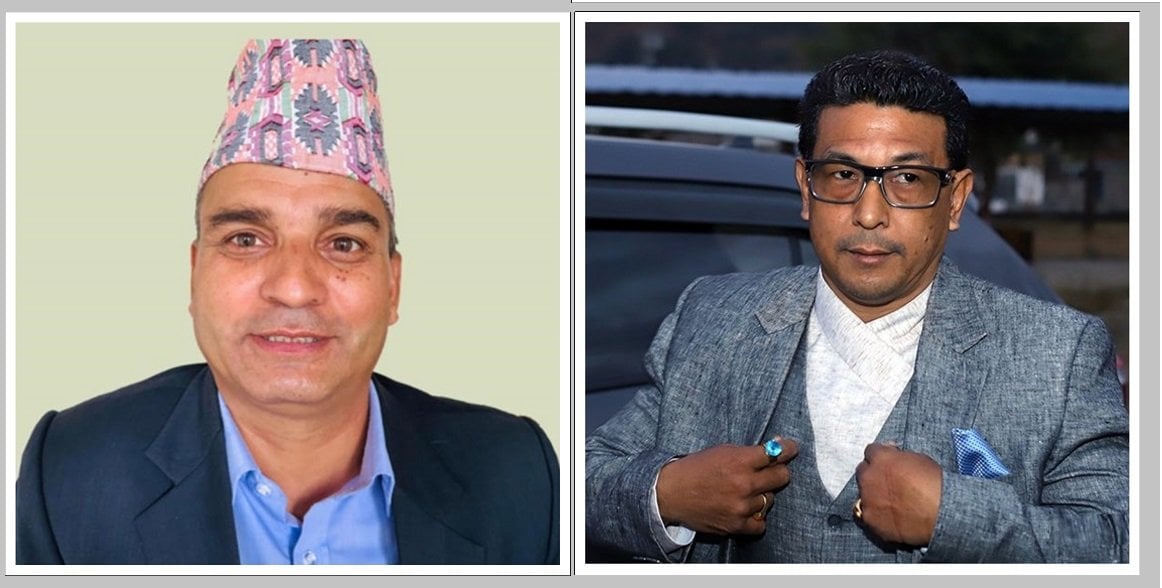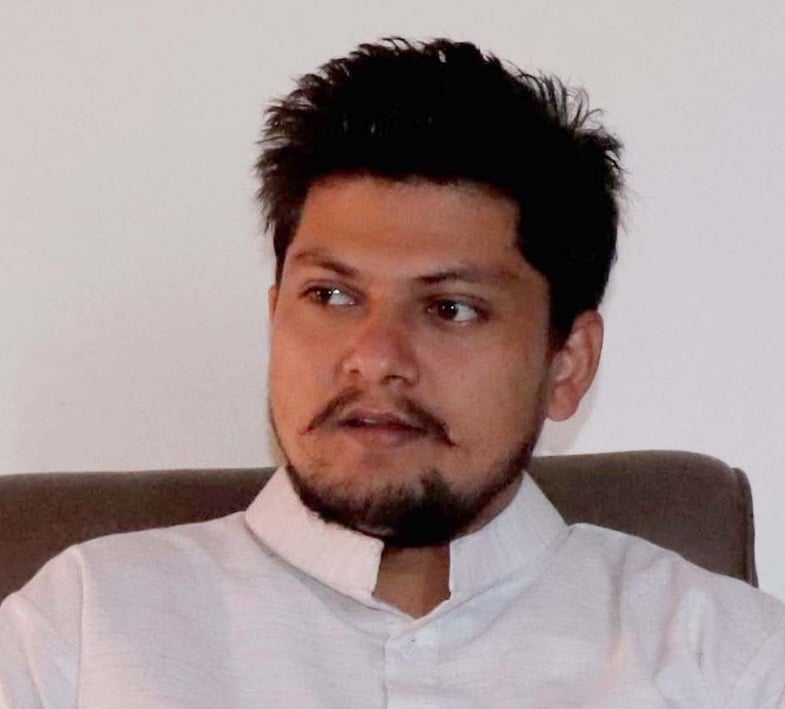Political stalemate in Gandaki: NC and UML dispute over ministerial divisions

Pokhara, August 9: Although the new power coalition has formed new governments in six other provinces, there has been no progress in Gandaki yet.
Following the coalition change at the center, a working group of two parties was established to reach a consensus for the province. However, the group was unable to agree on the number and distribution of ministries, leading to the responsibility being handed over to the party leaders. The UML opposes increasing the number of ministries, while Congress advocates for adding some ministries to facilitate coalition formation.
A member of the working group indicated that the group could not reach a resolution due to disagreements over power sharing. UML has demanded a review of all previous political appointments, but Congress has not accepted this condition.
Maya Timsina of the Nepal Samajwadi Party (NSP) and Deepak Bhandari of the Rashtriya Prajatantra Party (RPP) were appointed as members of the Policy and Planning Commission after June 2. Kajibabu Shrestha has been appointed as the chairman of the Manakamana Area Development Committee, and a recommendation committee has been formed to appoint the press registrar of the province, with applications currently being sought. UML has stated that power sharing should be adjusted in accordance with the new alliance.
Congress, on the other hand, aims to bring together the parties that supported it when it took leadership power from Khagaraj Adhikari. After Surendraraj Pandey secured a vote of confidence on June 12, following a Supreme Court order to become Chief Minister, he received support from Nepal Samajwadi Party leader Phanindra Devkota, independent MP Rajiv Gurung (Deepak Manange), and the Rashtriya Prajatantra Party. The following day, Pandey appointed Manange and Devkota as ministers.
Despite the Nepali Congress having appointed Devkota and Manange, CPN UML has not agreed on power sharing. UML Chief Whip Gobind Bahadur Nepali emphasized that there should be an agreement based on equal participation between the two parties and that such an agreement should be implemented. He stressed that the issue is not person-centered and that any agreement made at the center should be followed. If the ministers are to be retained, they should be considered within the Congress quota, with UML expecting a 50 percent share of the entire cabinet.
Nepali Congress has proposed increasing the number of ministries to 11. Congress believes that Manange and Devkota should be reassigned from their current ministries, with the remaining positions to be divided accordingly.
Currently, Gandaki province has seven ministries and five ministers. Congress has Dr. Pandey as Finance Minister and Chief Minister, Takaraj Gurung as Social Development and Health Minister, Bindu Kumar Thapa as Minister of Physical Infrastructure Development and Transport, and Phanindra Devkota of NSP as Minister of Energy, Water Resources, and Drinking Water.
According to Nepali Congress’s proposal, the Ministry of Social Development and Health, the Ministry of Tourism, the Ministry of Youth and Sports, and the Ministry of Internal Affairs (Home) should all be separated, increasing the number of ministries to 11. UML argues against increasing the number of ministries, suggesting it could negatively impact federalism.
Nepali noted, “Given the opposition to the number of ministers in Madhesh, increasing it further could be problematic. We need to consider and make a decision carefully.”
Nepali Congress province assembly member Prakash Baral believes that the number of ministries should be based on necessity. “We did not increase the number of ministries to 12-15, but we did not reduce them either. The focus should be on results, not the number of ministries.”
Congress has another interest in retaining Manange and Devkota. Pandey’s lack of confidence in the new alliance's longevity and fear of losing their support in the future are factors in his decision to keep them in power.










Leave Comment